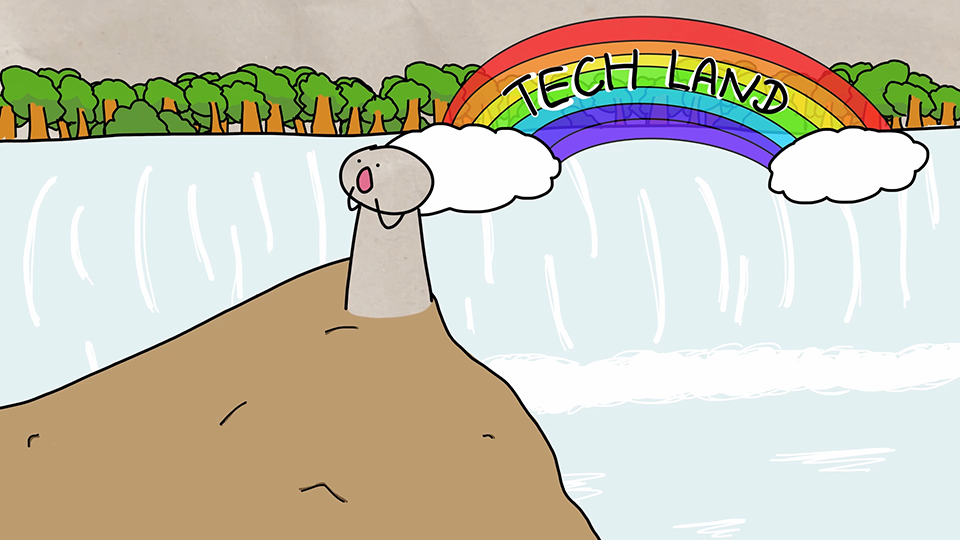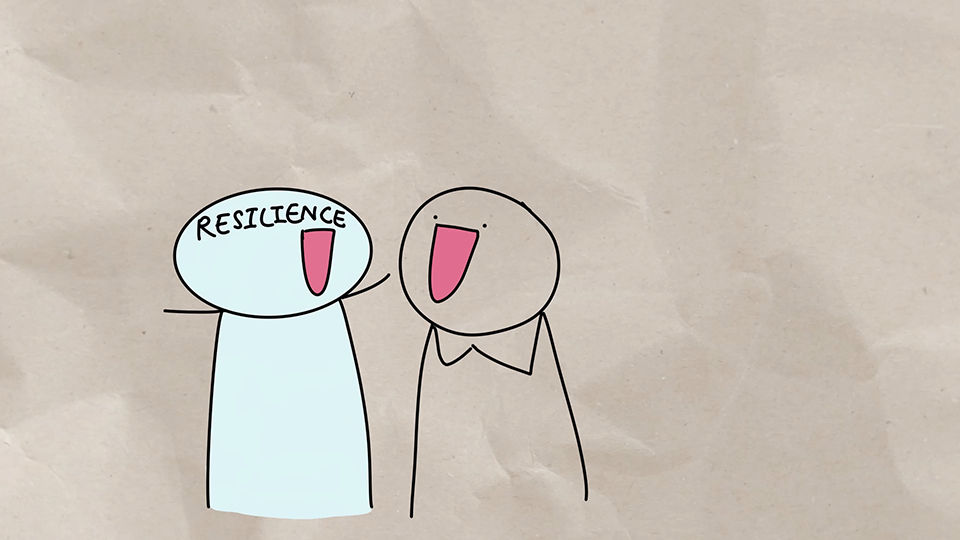What is cognitive flexibility?
As the first step in facing the challenges of participating in the training workshop, you realize you need to enhance your cognitive flexibility. You first need to understand what cognitive flexibility is and why it's important.
Defining cognitive flexibility
Have you found yourself thinking about a concept or approaching a task in one specific way every time? Do you face challenges if you need to change your approach and use a different problem-solving strategy?
People often encounter situations in which they're required to do something different than they're used to. How they react in such situations depends on how rigid they are in their thinking.
The ability to pivot and adapt to change is called cognitive flexibility. Pivoting refers to the ability to rebound or bounce back from an unexpected situation or failure. According to experts, developing your cognitive flexibility can help you pivot and adapt to change more easily.
Cognitive flexibility goes beyond pivoting though. It includes:
The ability to think about multiple things simultaneously.
Modifying your thinking based on a change in expectations or demands.
Expanding your imagination to visualize yourself and others in your environment in new ways.
Challenges or setbacks in the field of computer science (CS) are common. You can easily be overwhelmed by rapid advancements in tools and technologies. The following sections will explore the importance of developing cognitive flexibility to enhance your tech resilience.
The importance of cognitive flexibility
Cognitive flexibility is important in educational settings and in the workplace. People who are cognitively flexible learn more quickly, solve problems more creatively, and adapt and respond to new situations more effectively.
Have you ever felt like you're at a breaking point? Sometimes you have a plan ready to go and then something goes wrong, making you want to give up. Learning how to react to and recover from unexpected disruptions or setbacks is an important ability to hone. Understanding and naming what's happening, disentangling what you do and don't have control over, and regrouping with new strategies all help to improve perseverance. These strategies also improve your ability to pivot rather than panic in the face of difficulty. Pivoting from a setback refers to rebounding from a position of discomfort or failure to a position of success.
Cognitive flexibility in the tech industry
How is cognitive flexibility relevant in the tech industry? To understand the relationship between cognitive flexibility and tech resilience, review the following video, which is approximately two minutes long.
After you watch the video, reflect on your experience when you first started out in the CS field. Think about some topics that you found difficult or confusing when they were first introduced.
Can you think of a training session that you felt excited about attending?
What about that session made it exciting to attend?
What was the topic?
Has there been a training session that you found less engaging or more difficult to understand?
Is there something about how that session was conducted that contributed to that feeling?
Did you have any apprehensions about participating?
Did you have any preconceptions that prevented you from gaining the maximum benefit from the session?
What was difficult or confusing about it?
Can you think of a training session where you learned a lot?
Was there anything you did in that training session that helped you learn so much?
Were there metaphors or other techniques that you found helpful?
Note
Remember from the video that tech resilience is all about learning to overcome challenges and improving your ability to perform well in the CS field.

In the CS field, technology changes rapidly. It can be hard to keep abreast of all the latest updates. For example, maybe some of your peers in your workshop need to use newer tools to perform tasks they had previously been doing manually. Learning new software or computer skills can be intimidating for some people.
Cognitive flexibility indicates nimble and divergent thinking and an interest in developing new approaches. It also indicates the ability to discover and use new connections, and the propensity to work well across an organization. People with a high level of cognitive flexibility readily learn from experience and recognize when old approaches don't work anymore.
People with cognitive flexibility can incorporate different thinking strategies and mental frameworks into their planning, decision-making, and management of day-to-day work. They can simultaneously keep multiple scenarios in mind and sense when to shift and inject a change.
Remember from the video: Resilience isn't a trait that only certain people have. It's something that all of us have, can tap into, and importantly, practice.

In the following units, you'll learn strategies for overcoming challenges by improving your cognitive flexibility and tech resilience.